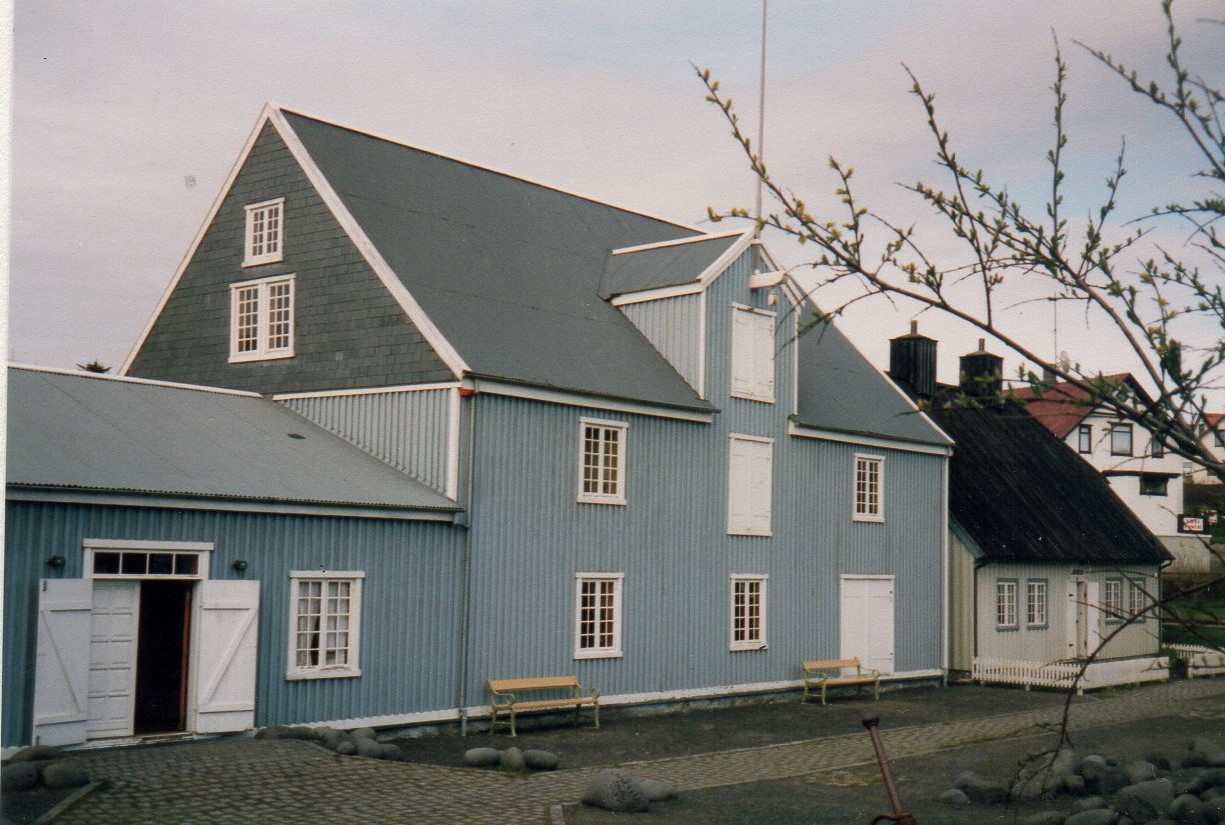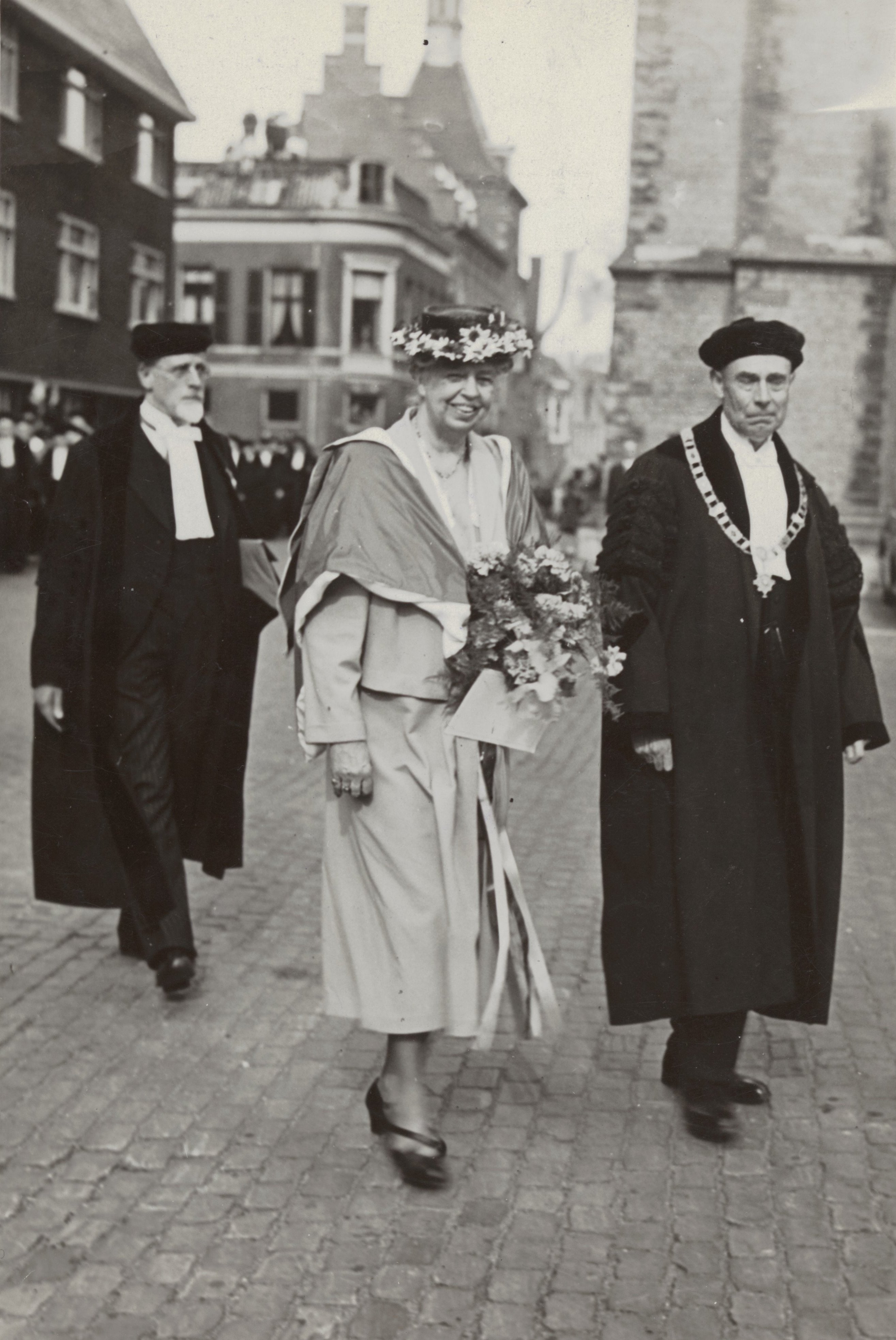|
Kristín Loftsdóttir
Kristín Loftsdóttir (born 1968) is a professor in anthropology at the University of Iceland. Kristín has organized and been part of diverse research projects. Examples include research on racism, colonialism, whiteness, precarious migrants, crisis, and nationalism. Kristín has also conducted research relating to the tourism industry, development cooperation and masculinity. Kristín has done research in Europe (Iceland, Belgium, and Italy), as well as West Africa (Niger). Kristín's writings have also appeared in many scholarly journals and chapters in books. Kristín has written three monographs and two novels and edited six books with others. Education Kristín Loftsdóttir was born in 1968 in Hafnarfjörður. She completed her matriculation examination from Flensborgarskóli in Hafnarfjörður in 1989 and a BA in Anthropology from the University of Iceland in 1992. She went to graduate school abroad and graduated with a master's from the University of Arizona in Tu ... [...More Info...] [...Related Items...] OR: [Wikipedia] [Google] [Baidu] |
Hafnarfjörður
Hafnarfjörður (), officially Hafnarfjarðarkaupstaður (), is a port town and municipality in Iceland, located about south of Reykjavík. The municipality consists of two non-contiguous areas in the Capital Region, on the southwest coast of the country. At about 30,000 inhabitants, Hafnarfjörður is the third-most populous city in Iceland after Reykjavík and Kópavogur. It has established local industry and a variety of urban activities, with annual festival events. Activities The town is the site of an annual Viking festival, where Viking culture enthusiasts from around the world display reconstructions of Viking garb, handicraft, sword-fighting and longbow shooting. It takes place in June each summer. Local industry Just two kilometres () outside of Hafnarfjörður is an aluminium smelter, run by Alcan. The smelter was originally built in 1969, and it has improved its cleaning process since then, especially regarding fluoride. Local elections were held in May 2006, where ... [...More Info...] [...Related Items...] OR: [Wikipedia] [Google] [Baidu] |
Pastoralists
Pastoralism is a form of animal husbandry where domesticated animals (known as "livestock") are released onto large vegetated outdoor lands (pastures) for grazing, historically by nomadic people who moved around with their herds. The animal species involved include cattle, camels, goats, yaks, llamas, reindeer, horses and sheep. Pastoralism occurs in many variations throughout the world, generally where environmental characteristics such as aridity, poor soils, cold or hot temperatures, and lack of water make crop-growing difficult or impossible. Operating in more extreme environments with more marginal lands means that pastoral communities are very vulnerable to the effects of global warming. Pastoralism remains a way of life in many geographic areas, including Africa, the Tibetan plateau, the Eurasian steppes, the Andes, Patagonia, the Pampas, Australia and many other places. , between 200 million and 500 million people globally practised pastoralism, and 75% of ... [...More Info...] [...Related Items...] OR: [Wikipedia] [Google] [Baidu] |
Living People
Related categories * :Year of birth missing (living people) / :Year of birth unknown * :Date of birth missing (living people) / :Date of birth unknown * :Place of birth missing (living people) / :Place of birth unknown * :Year of death missing / :Year of death unknown * :Date of death missing / :Date of death unknown * :Place of death missing / :Place of death unknown * :Missing middle or first names See also * :Dead people * :Template:L, which generates this category or death years, and birth year and sort keys. : {{DEFAULTSORT:Living people 21st-century people People by status ... [...More Info...] [...Related Items...] OR: [Wikipedia] [Google] [Baidu] |
Icesave
The Icesave dispute was a diplomatic dispute between Iceland, and the Netherlands and the United Kingdom that began after the privately owned Icelandic bank Landsbanki was placed in receivership on 7 October 2008. As ''Landsbanki'' was one of three systemically important financial institutions in Iceland to go bankrupt within a few days, the Icelandic Depositors' and Investors' Guarantee Fund (''Tryggingarsjóður'') had no remaining funds to make good on deposit guarantees to foreign ''Landsbanki'' depositors who held savings in the Icesave branch of the bank. When ''Landsbanki'' was placed into receivership by the Icelandic Financial Supervisory Authority (FME), 343,306 retail depositors in the UK and Netherlands that held accounts in the "Icesave" branch of ''Landsbanki'' lost a total of €6.7bn of savings. Because no immediate repayment was expected by any Icelandic institutions, the Dutch and British ''national deposit guarantee schemes'' covered repayment up to the ma ... [...More Info...] [...Related Items...] OR: [Wikipedia] [Google] [Baidu] |
Economic Collapse
Economic collapse, also called economic meltdown, is any of a broad range of bad economic conditions, ranging from a severe, prolonged depression with high bankruptcy rates and high unemployment (such as the Great Depression of the 1930s), to a breakdown in normal commerce caused by hyperinflation (such as in Weimar Germany in the 1920s), or even an economically caused sharp rise in the death rate and perhaps even a decline in population (such as in countries of the former USSR in the 1990s). Often economic collapse is accompanied by social chaos, civil unrest and a breakdown of law and order. Cases There are few well documented cases of economic collapse. One of the best documented cases of collapse or near collapse is the Great Depression, the causes of which are still being debated. "To understand the Great Depression is the Holy Grail of macroeconomics." — Ben Bernanke (1995) Bernanke's comment addresses the difficulty of identifying specific causes when many factors ma ... [...More Info...] [...Related Items...] OR: [Wikipedia] [Google] [Baidu] |
National Museum Of Iceland
National may refer to: Common uses * Nation or country ** Nationality – a ''national'' is a person who is subject to a nation, regardless of whether the person has full rights as a citizen Places in the United States * National, Maryland, census-designated place * National, Nevada, ghost town * National, Utah, ghost town * National, West Virginia, unincorporated community Commerce * National (brand), a brand name of electronic goods from Panasonic * National Benzole (or simply known as National), former petrol station chain in the UK, merged with BP * National Car Rental, an American rental car company * National Energy Systems, a former name of Eco Marine Power * National Entertainment Commission, a former name of the Media Rating Council * National Motor Vehicle Company, Indianapolis, Indiana, USA 1900-1924 * National Supermarkets, a defunct American grocery store chain * National String Instrument Corporation, a guitar company formed to manufacture the first resonator g ... [...More Info...] [...Related Items...] OR: [Wikipedia] [Google] [Baidu] |
Icelandic Literary Prize
The Icelandic Literary Prize ( Icelandic: ''Íslensku bókmenntaverðlaunin''), or Icelandic Literary Award, is an award which is given to three books each year by the Icelandic Publishers Association. The prize was founded on the association's centennial in 1989. One award is for fiction or poetry, one for children's books and one for academic and non-fiction works. Five books are nominated in each category, and the year's nominations are publicized in the beginning of December, but the prize itself is not awarded until January. Because the year's nominations come in the middle of the Christmas book flood, these books receive a great deal of marketing. Once the books have been nominated, the Icelandic Publishers Association appoints a selection committee which chooses the winners. List of winners of the Icelandic Literary Prize for fiction List of winners of the Icelandic Literary Prize for children's books List of winners of the Icelandic Literary Prize for academic wor ... [...More Info...] [...Related Items...] OR: [Wikipedia] [Google] [Baidu] |
Utrecht University
Utrecht University (UU; nl, Universiteit Utrecht, formerly ''Rijksuniversiteit Utrecht'') is a public research university in Utrecht, Netherlands. Established , it is one of the oldest universities in the Netherlands. In 2018, it had an enrollment of 31,801 students, and employed 7,191 faculty and staff. In 2018, 525 PhD degrees were awarded and 6,948 scientific articles were published. The 2018 budget of the university was €857 million. Utrecht University counts a number of distinguished scholars among its alumni and faculty, including 12 Nobel Prize laureates and 13 Spinoza Prize laureates. Utrecht University has been placed consistently in the top 100 universities in the world by prominent international ranking tables. The university is ranked as the best university in the Netherlands by the Shanghai Ranking of World Universities 2022, ranked 14th in Europe and 54th in the world. The university's motto is "Sol Iustitiae Illustra Nos", which means ''May the Sun of Righteous ... [...More Info...] [...Related Items...] OR: [Wikipedia] [Google] [Baidu] |
Roskilde University
Roskilde University ( da, Roskilde Universitet, abbreviated RUC or RU) is a Danish public university founded in 1972 and located in Trekroner in the Eastern part of Roskilde. The university awards bachelor's degrees, master's degrees, and PhD degrees in a wide variety of subjects within social sciences, the humanities, and natural sciences. History The university was founded in 1972 and was initially intended as an alternative to the traditional Danish universities which had been the scene of several student uprisings in the late 1960s. The students considered the traditional universities undemocratic and controlled by the professors and wanted more influence as well as more flexible teaching methods. In the 1970s the university was known for its very liberal education as opposed to the usual lectures provided by the more traditional universities of Copenhagen and Aarhus. The focus was shifted from traditional lectures to group orientated methods and projects rather than tradi ... [...More Info...] [...Related Items...] OR: [Wikipedia] [Google] [Baidu] |
Lafayette College
Lafayette College is a private liberal arts college in Easton, Pennsylvania. Founded in 1826 by James Madison Porter and other citizens in Easton, the college first held classes in 1832. The founders voted to name the college after General Lafayette, a hero of the American Revolution. Lafayette is considered a Hidden Ivy as well as one of the northeastern Little Ivies. Located on College Hill in Easton, the campus is in the Lehigh Valley, about west of New York City and north of Philadelphia. Lafayette College guarantees campus housing to all enrolled students. The college requires students to live in campus housing unless approved for residing in private off-campus housing or at home as a commuter. The student body, consisting entirely of undergraduates, comes from 46 U.S. states and territories and nearly 60 countries. Students at Lafayette have access to more than 250 clubs and organizations, including athletics, fraternities and sororities, special interest groups, ... [...More Info...] [...Related Items...] OR: [Wikipedia] [Google] [Baidu] |
University Of Graz
The University of Graz (german: link=no, Karl-Franzens-Universität Graz, ), located in Graz, Austria, is the largest and oldest university in Styria, as well as the second-largest and second-oldest university in Austria. History The university was founded in 1585 by Archduke Charles II of Austria. The bull of 1 January 1586, published on 15 April 1586, was approved by Pope Sixtus V. For most of its existence it was controlled by the Catholic Church, and was closed in 1782 by Emperor Joseph II in an attempt to gain state control over educational institutions. Joseph II transformed it into a ''lyceum'', where civil servants and medical personnel were trained. In 1827 it was re-instituted as a university by Emperor Francis I, thus gaining the name ''Karl-Franzens-Universität'', meaning ''Charles Francis University''. Over 30,000 students are currently enrolled at the university. Academics The university is divided into six faculties, the two largest are the Faculty ... [...More Info...] [...Related Items...] OR: [Wikipedia] [Google] [Baidu] |

.jpg)





